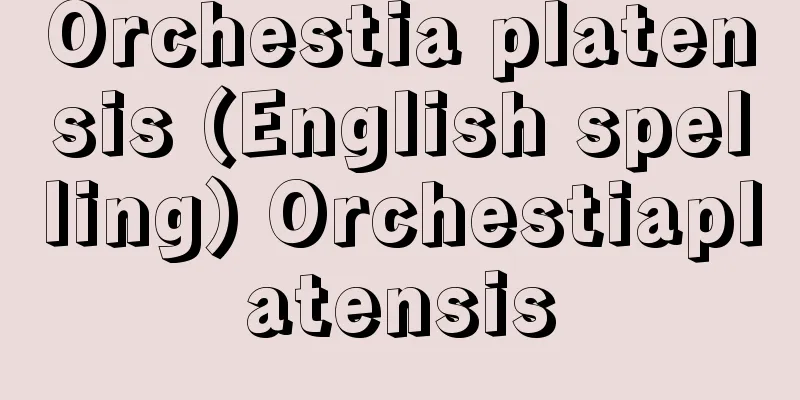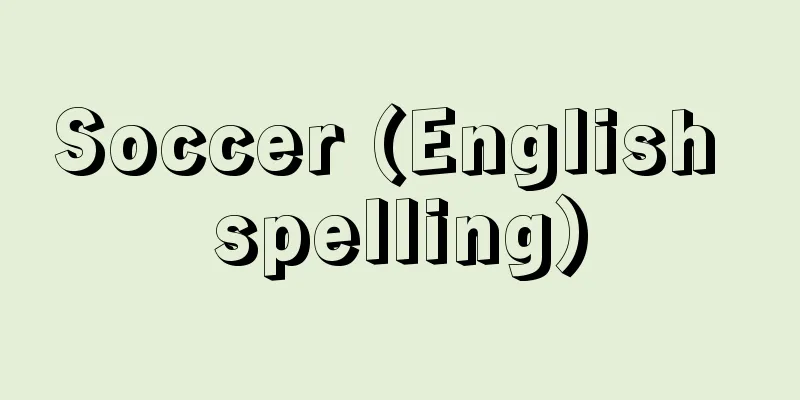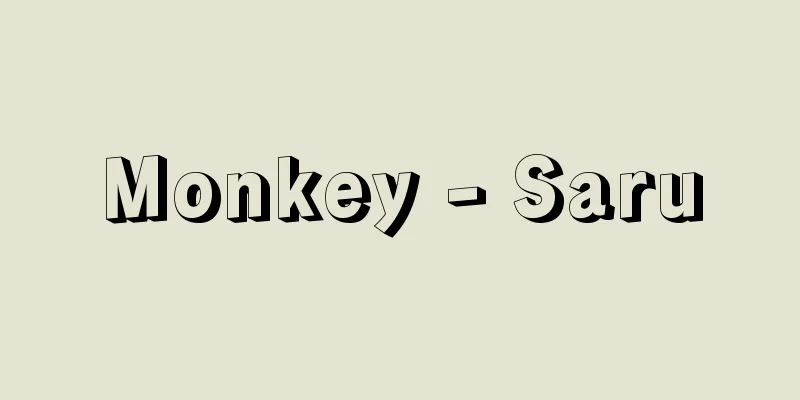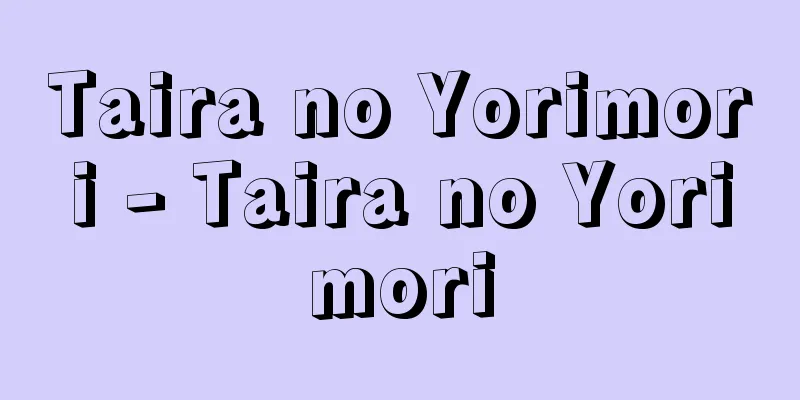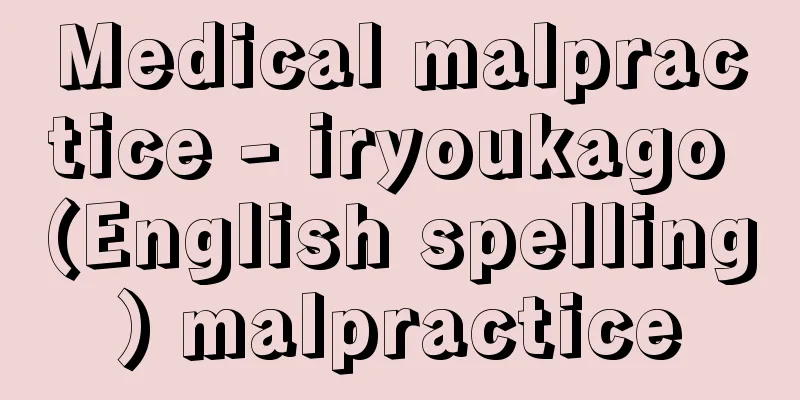Bildungsroman (German: Bildungsroman)
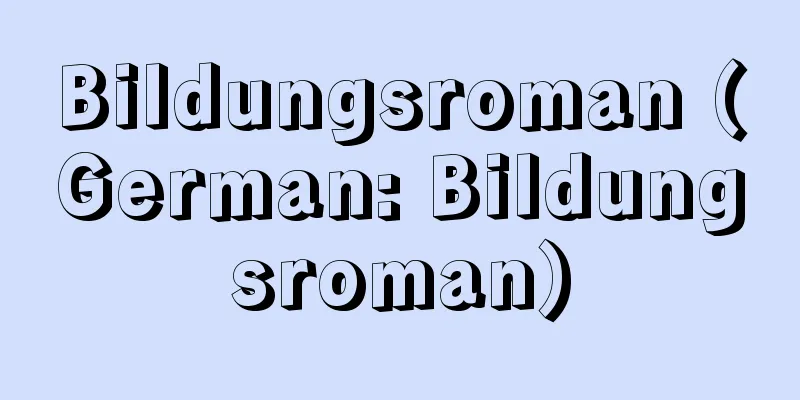
|
Originally a German term, it refers to a novel that depicts the process of the protagonist's inner cultural formation. The philosopher W. Dilthey is generally considered to have originated the term. At the end of the 19th century, he proposed to name the novels of Goethe's "Wilhelm Meister school" as "cultural novels," explaining that "these books are concerned only with purely human culture, with the form of the individual at various stages." According to him, this literary tendency arose from "the inclination of the German mind at that time toward inner culture." However, in fact, the term originated much earlier, and originally referred to a story of the gradual development of the human soul based on the philosophical and religious cultural formation ideas of the 18th century Enlightenment. In that case, in contrast to the previous epic poems, which aimed to depict external events, the essence of a novel was said to be in depicting the inner movements, development, and completion of a human being. Goethe's "Wilhelm Meister," which aims for the "harmonious perfection of personality," is a representative work of this type, but Wieland's "Agathon" can be seen as a pioneering example even earlier. However, after Dilthey's proposal, as the interiority of the German spirit was generally emphasized, the cultural novel came to be thought of as a typically German novel form, and its predecessors were sought back to the Middle Ages and early modern times, but this is not correct. After Goethe, many novels of the 19th century belonged to this lineage, and in the 20th century, Thomas Mann's The Magic Mountain and Hermann Hesse's The Glass Bead Game are its great descendants. Thus, although the term originally arose within the framework of German literary theory and is therefore valid only for German literature, it has now become universal and is widely applied to works of similar nature in various countries around the world as a term indicating a novel type. A similar term is the Entwicklungsroman, a developed novel that also originates from German. [Yoshinori Takao] "The Establishment of German Literary Novels" by Masami Tobari (1964, Kobundo) Source: Shogakukan Encyclopedia Nipponica About Encyclopedia Nipponica Information | Legend |
|
本来はドイツ語で、主人公の内的教養形成の過程を描く小説のこと。一般にこの語の創始者は哲学者W・ディルタイとされている。19世紀末、彼はゲーテの「ウィルヘルム・マイスターの一派をなす小説群を教養小説と名づけたい」と提案、その理由を「これらの本では、純粋に人間的な教養、個人のさまざまの段階における形式のみが問題とされている」と述べている。彼によれば、かかる文学傾向は「当時のドイツ人の精神の内面文化への志向」から生じたものであった。しかし、実際にはこの語の発生はもっと古くて、その当初は、18世紀啓蒙(けいもう)主義の哲学的、宗教的教養形成理念に基づく、人間の魂の漸進的な発展物語をさしていたのである。その場合に、従前の叙事詩が外的事件の描写を目的とするのに反して、小説の真髄は人間の内部の動き、生成発展、完成を描くところにあるとされた。「人格の調和的完成」を目ざすゲーテの『ウィルヘルム・マイスター』は、その代表的作品であるが、それ以前にはウィーラントの『アガトン』にその草分けの姿が認められる。 ところが、ディルタイの提言後、一般にドイツ精神の内面性が強調されるにつれて、教養小説は典型的にドイツ的な小説形態を意味するものと考えられるようになり、はるか中世や近世にまでさかのぼってその前身が求められたが、これは正しいとはいいがたい。ゲーテ以後、19世紀の数多くの小説群がこの系譜に属し、20世紀に入っては、トーマス・マンの『魔の山』、ヘルマン・ヘッセの『ガラス玉演戯』などがその偉大な子孫である。このように、元来はドイツ文学理論の枠内で発生し、したがってドイツ文学に限って有効な語であろうが、いまでは普遍化され、小説類型を示す語として、広く世界各国の同じような性質の作品に適用されている。なお、これに近い用語に、同じくドイツ語に由来する発展小説Entwicklungsromanがある。 [義則孝夫] 『登張正実著『ドイツ教養小説の成立』(1964・弘文堂)』 出典 小学館 日本大百科全書(ニッポニカ)日本大百科全書(ニッポニカ)について 情報 | 凡例 |
Recommend
Sweet pepper - sweet pepper
→ Shishito pepper Source: Asakura Publishing Nutri...
virilocal
...In contrast, in the case of cousin marriages a...
Insulae Fortunatae - Insulae Fortunatae
The Canary Islands are the largest archipelago in...
Lantana (English spelling) Lantana camara; lantana
A small shrub of the Verbenaceae family, native to...
n-dentate ligand - Enzahaiishi
...the "dentate" comes from this. The l...
brimamide
...This compound was not put to practical use due...
Clover - Clover
A perennial plant of the Apocynaceae family (APG ...
The Century of Japan
A history book written in the late Heian period. ...
Yellow forehead - Gakuou
A makeup technique in which yellow powder is appli...
Lost wax
...Needless to say, the former technique came fir...
Nobara - Nobara
It is used synonymously with Rosa multiflora, a m...
Willow Crepes - Willow Crepes
〘Noun〙 (crepe is a Japanese word for crepe ) A fab...
Osone Tokinaga - Osone Tokinaga
...A group of warriors from the Kamakura period. ...
American Economic Review - American Economic Review
…Its current membership consists of nearly 20,000...
Three generations
[1] [noun] ① the period during which three emperor...

